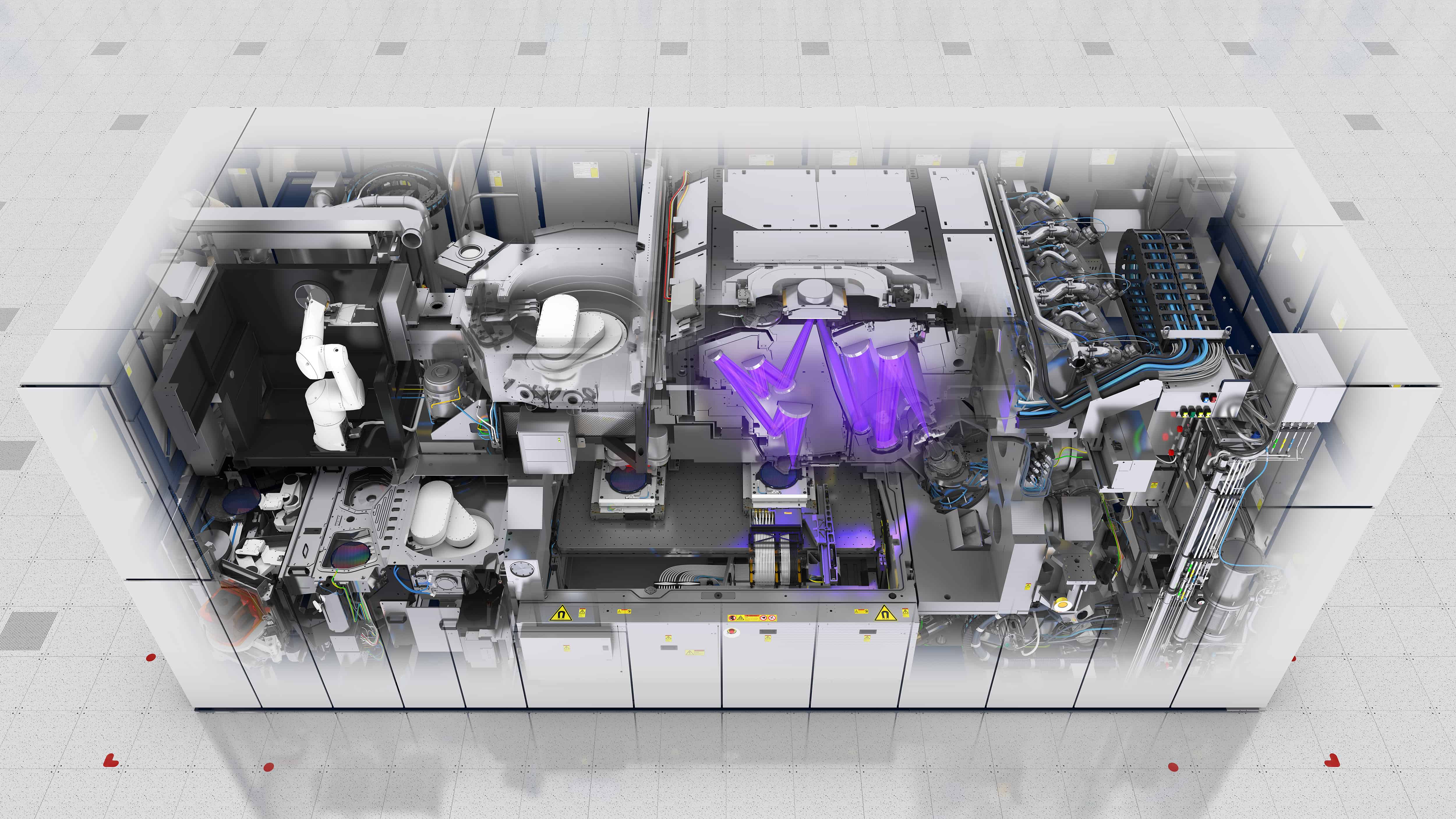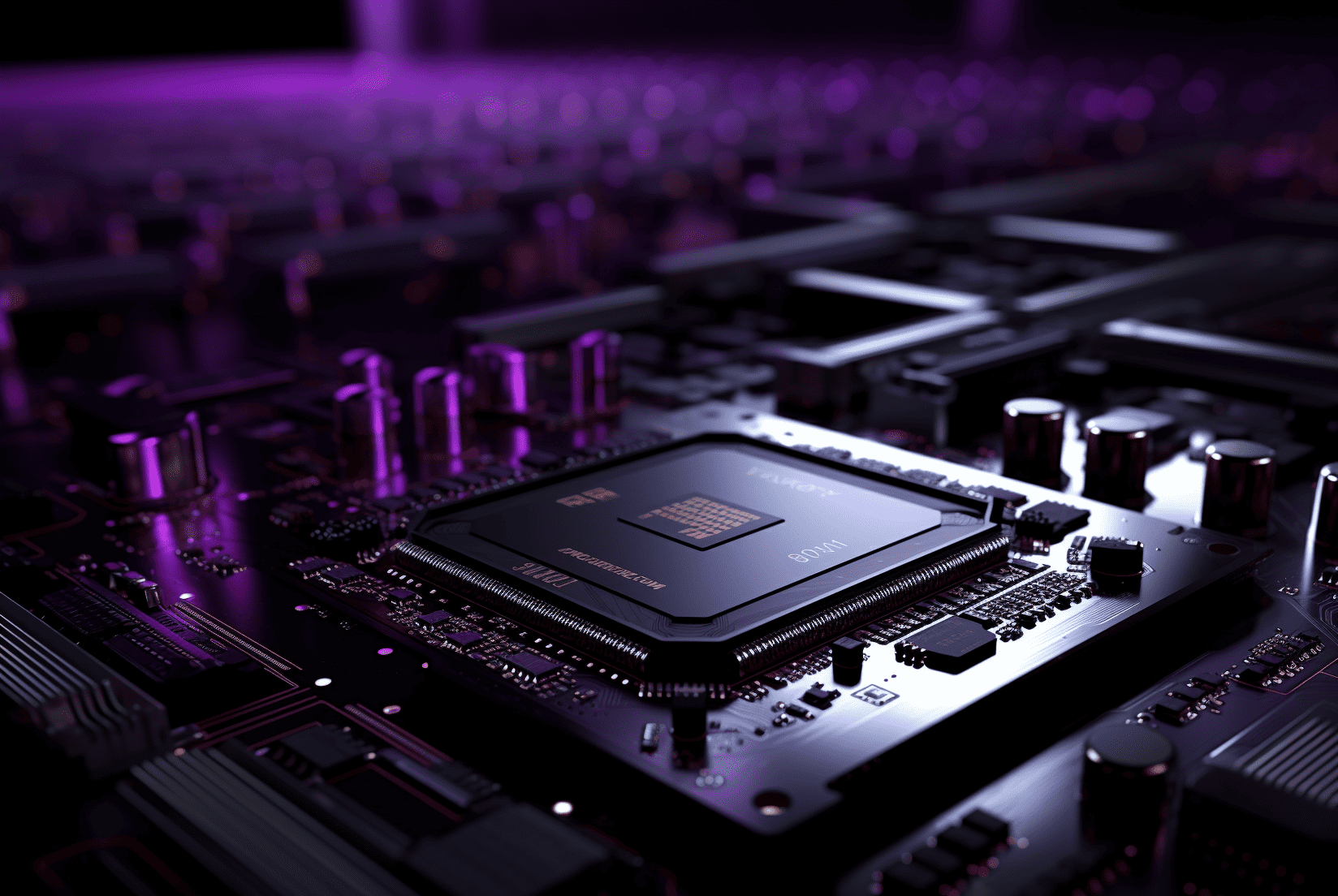
In the ongoing saga of chip supremacy, Nvidia, a prominent US chip manufacturer, has sounded the alarm on the potential “permanent loss” that American companies could face due to extended US export restrictions on China. The rationale behind these export limitations is to prevent China from acquiring technology that might have military applications. This tussle between the two global giants has placed semiconductor technology in a precarious position. Recently, the Dutch government yielded to US pressure earlier, imposing restrictions on the export of specific ASML machines to China.
Critics contend that this approach could backfire by bolstering US suppliers while simultaneously compelling China to accelerate the development of alternative solutions. In fact, China has already taken strides in introducing its own GPU compute engines. Simultaneously, Chinese manufacturers of chip-making tools and components are striving to bridge the gaps created by US trade sanctions. These unfolding developments illuminate the intricate interplay among the US, Europe, and China, casting a spotlight on the inadvertent repercussions that can stem from technology export embargoes.
- The US is imposing export restrictions on semiconductor technology to China to protect national security and technological superiority.
- The export restrictions aim to curb China’s access to advanced chipmaking tools, but this could inadvertently benefit US suppliers while motivating China to accelerate developing its own alternatives.
- Caught in the middle, Europe struggles to balance its economic ties with China against US pressure to restrict technology exports.
The two sides of the chip
On one hand, the US is seeking to protect its technological superiority and national security by imposing restrictions on the export of chip-making technology to China. Nvidia, a leading chipmaker, has warned that these restrictions could lead to a “permanent loss” of opportunities for American firms in the Chinese market[1]. While the immediate financial impact may not be discernible, the long-term implications could be detrimental for the US industry’s ability to compete and lead in China, a market that contributes to 20% to 25% of Nvidia’s revenue in its data centre business.

On the other hand, such restrictions could inadvertently benefit US suppliers and spur China’s technological independence. This independence is harder in the short term due to the export ban imposed on ASML, a Dutch chip equipment manufacturer. Despite the ban, some advanced chips made with banned machines can still be sold to Chinese companies, indirectly benefiting American equipment suppliers. The ban might also motivate China to accelerate its efforts in developing alternative solutions.
The rise of indigenous technology
China is investing heavily in technological independence. Biren Technology, a Chinese company, has launched its own GPU compute engines, the BR series. The company, established by Zhang Wen, had a goal to create a homegrown GPU for computer graphics and high-performance computing. Despite trade restrictions, the company managed to ship its BR104 and BR100 GPUs and showcased them at the Hot Chips 34 conference. This achievement highlights China’s determination to develop its own technology, regardless of trade restrictions.
Additionally, Chinese manufacturers of chip-making tools and components are striving to fill the gaps created by US trade sanctions. These manufacturers are rising to the challenge, determined to surmount the obstacles posed by the sanctions. These developments underscore the resilience and determination of Chinese technology firms to chart their own course in the face of adversity.
Fallout of the trade restrictions
While the US aims to restrict China’s access to advanced technology, the fallout may not be entirely in its favour. The trade restrictions have already had negative effects on innovation in the Chinese ICT industry. Furthermore, the US’s chip export restrictions have disrupted the global tech supply chain, affecting a range of goods beyond technology. This disruption could potentially amplify the ongoing chip shortages worldwide and have far-reaching effects on the global economy.
Meanwhile, Europe is caught in the middle of this trade dispute. The European Union (EU) will analyse the new executive order before deciding on its own investment restrictions. The EU’s previous economic security plan, which included proposals for stricter controls on exports of technologies that could be used for military purposes in China, faced opposition from France and Germany, who prioritise maintaining trade relations with China.
Ultimately, the impact of the US trade restrictions on China’s technology development remains uncertain. They could either hinder China’s technological progress or act as a catalyst for China to develop its own technology. The unfolding events in the global chip industry underscore the complex interplay between technology, trade, and geopolitics.







